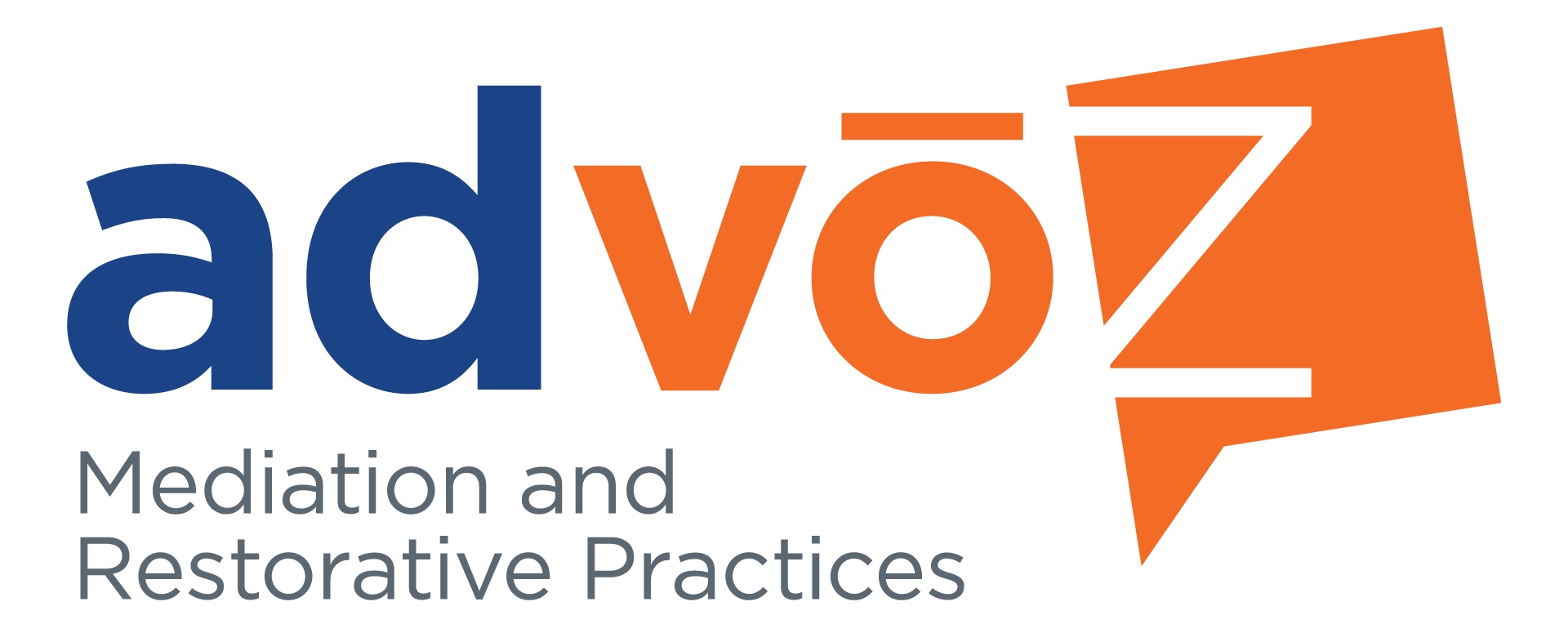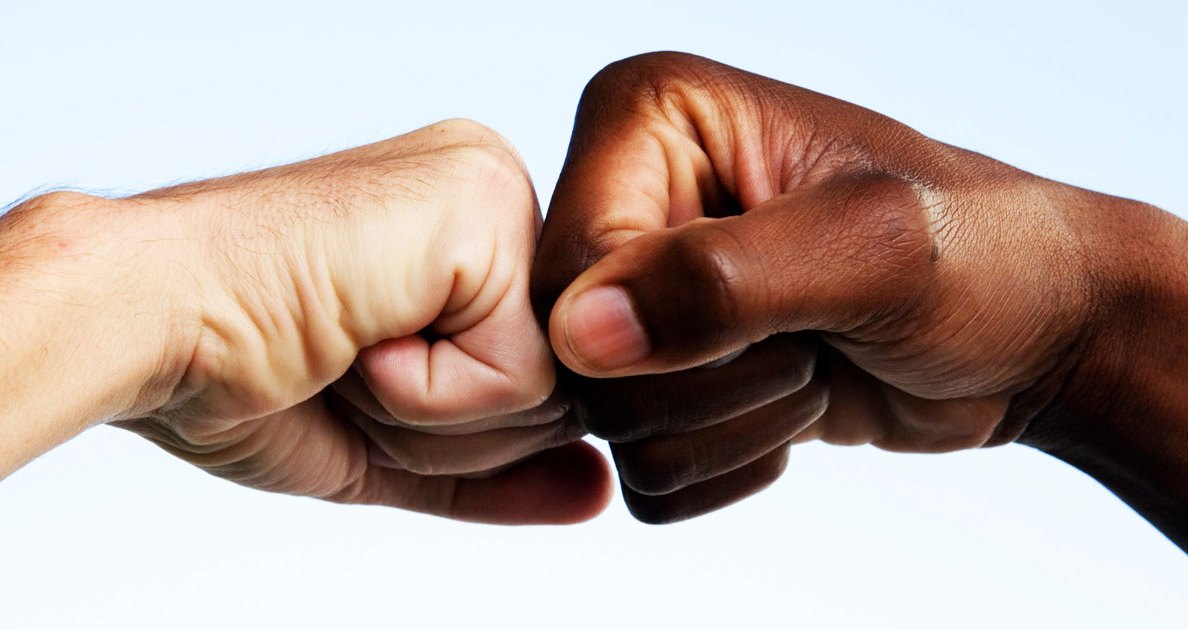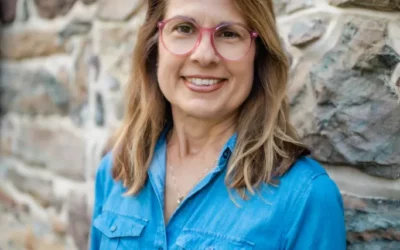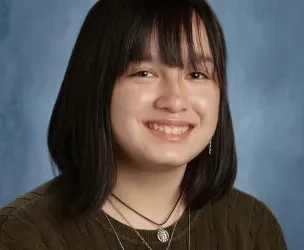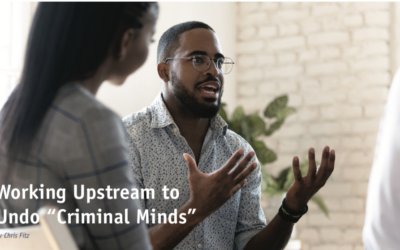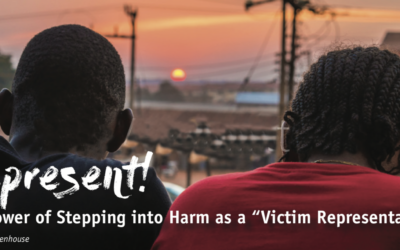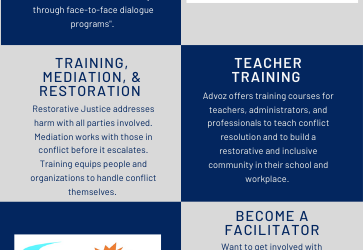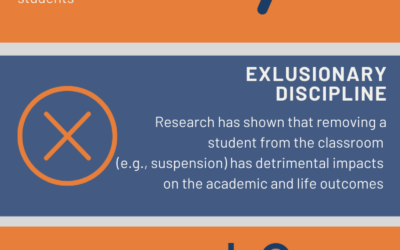By Chris Fitz
Racism is a loaded word. In Advoz’s dialogue work, mediators often first ask, “how do you feel?” Then we ask, “what do you think?” So I’ll ask you, reader, “what comes up for you when you hear the word ‘racism?'”
The volatility and lopsided experience of racism in America is a big reason why “neutrality” and a purely rational discourse is impossible. Unpacking this volatility, it’s history, the emotional experiences we’ve growing up, our different media perspectives, conversations, social media feeds, diversity trainings, poignant encounters, traumatic memories, careless jokes…the list goes on. These are all fuel for a very charged conversation. Everyone–those in our mainstream race culture or marginalized race cultures–has a story to tell. In most conversations we have about racism, we are not going to “mediate an agreement,” but we can facilitate understanding. So we move out of a position of “neutrality” into a concept often called “multipartiality.” And while telling our diverse stories can bring us to common understanding, the stories are not the same.
To start a conversation about race, it’s helpful to understand, especially from a majority-culture (White) perspective, that we don’t have the same stories. We need to listen for difference to understand it. The deaths of George Floyd, Breonna Taylor and others in 2020 show us that African Americans and other people of color are still experiencing a kind of violence–backed by the authority of the police–largely unknown among most white people. This video about the difference between “equality” and “equity” helps to explain how our stories are not equivocal.
Equitable dialogue means making space for very different stories, different tellers, different experiences, a different “shoe” so to speak.
The volatility and lopsidedness of racism in America is also what makes it so powerful and important to have good dialogue with others. The emotional weight of racism is a huge burden, and sharing our stories in constructive ways helps us share that burden. (Though we–especially White people–want to be careful of unloading our burden and guilt on others too.)
The following is brief “field guide” to support you having a one-on-one conversation with a friend, neighbor, family member or colleague. A big shout out to Dr. Amanda Kemp, Advoz’s 2018 Dignity in Dialogue awardee, for some of the inspiration for this mindful “leaning in” approach to deep dialogue:
Start as the Listener
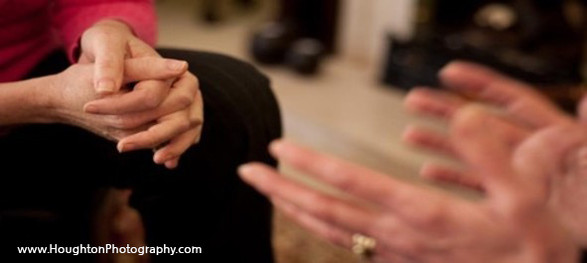
Who is this person before me? What are my assumptions, even subtle biases about them? Can I put them aside to hear this person?
What am I curious about? What is the story behind this situation? What was this person’s experience of racism as a child?
What can I learn here? Not to use as a weapon against them, but to enlighten myself?
Can I continue to put my own opinions, biases and stories aside for now?
When I notice that I am repeatedly not able to listen, I need to make that clear politely before I am totally impatient and irritable.
Become a Facilitator

It helps me to think about this phase as “walking beside” someone processing their stuff. Here are some of the questions I’m asking:
Are there open-ended questions that that I could offer to help us both understand the issues and stories we’re processing?
What is this person feeling? Can I reflect that and honor that in my own words? Can I recognize their own feelings with a word they’ve used, especially one they’ve used repeatedly?
Is there a story that this person needs to process?
Can I summarize what I hear them saying?
Can I name what I hear is important for this person?
Can I affirm the value that this person has? And the values that this person holds dear?
Can I ask for the opportunity, the permission to tell my own story?
Inhabit the Storyteller
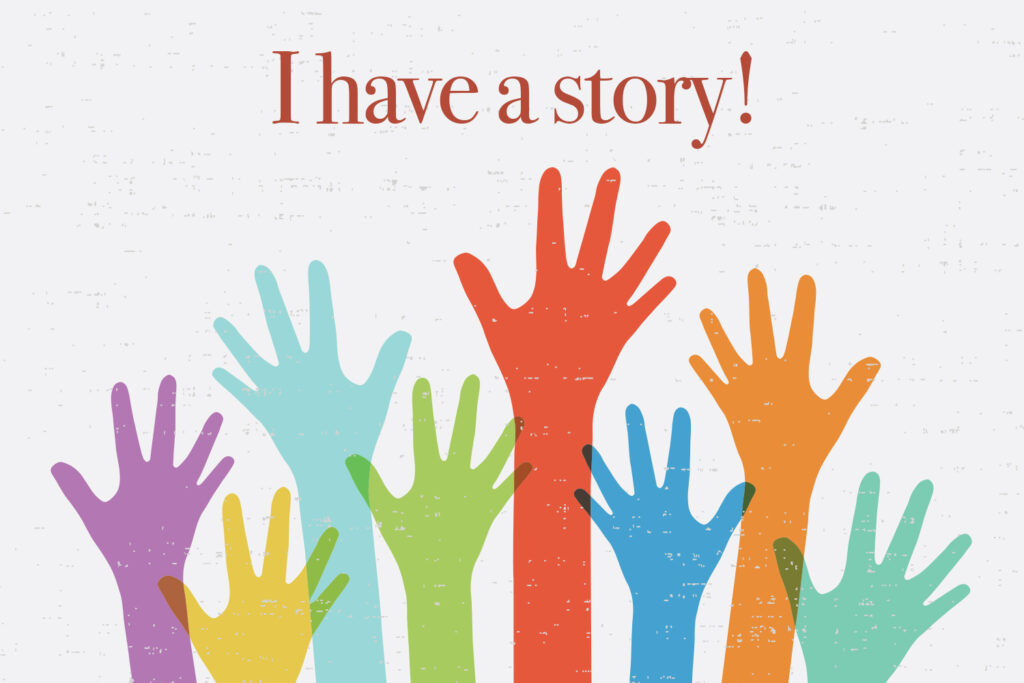
To be deeply present to a conversation, and to be heard, it’s helpful to find and tell my own story. This is different from my opinion on “issues.” My story is always true–for me. Your listener cannot deny its validity for you.
Is there a story, a moment in my own life that’s coming up for me?
Can I ask for the space to tell it?
How did it begin? What was the setting? Who was involved?
What was the key crisis moment?
How were affected, changed by that moment? What did you learn that you could or couldn’t do, say or couldn’t say?
How does this story impact your view of racism beyond your own experience?
End Well

What are the themes you hear that we share in this conversation?
What do you appreciate that you heard?
Can you appreciate the continued tension as well as the connection you experienced?
How would you like to follow up this conversation?
What are you motivated to do now?
Check out Amanda Kemp’s TedX Talk as she walks through some examples of conversations like this, mindfully and purposefully.
For more practical resources on racism and police violence, click here.
And let us know how these conversations are going!

Chris Fitz is director of strategic initiatives at Lancaster-based Advoz: Mediation & Restorative Practices, created from the merger of Conflict Resolution Services and the Center for Community Peacemaking.
